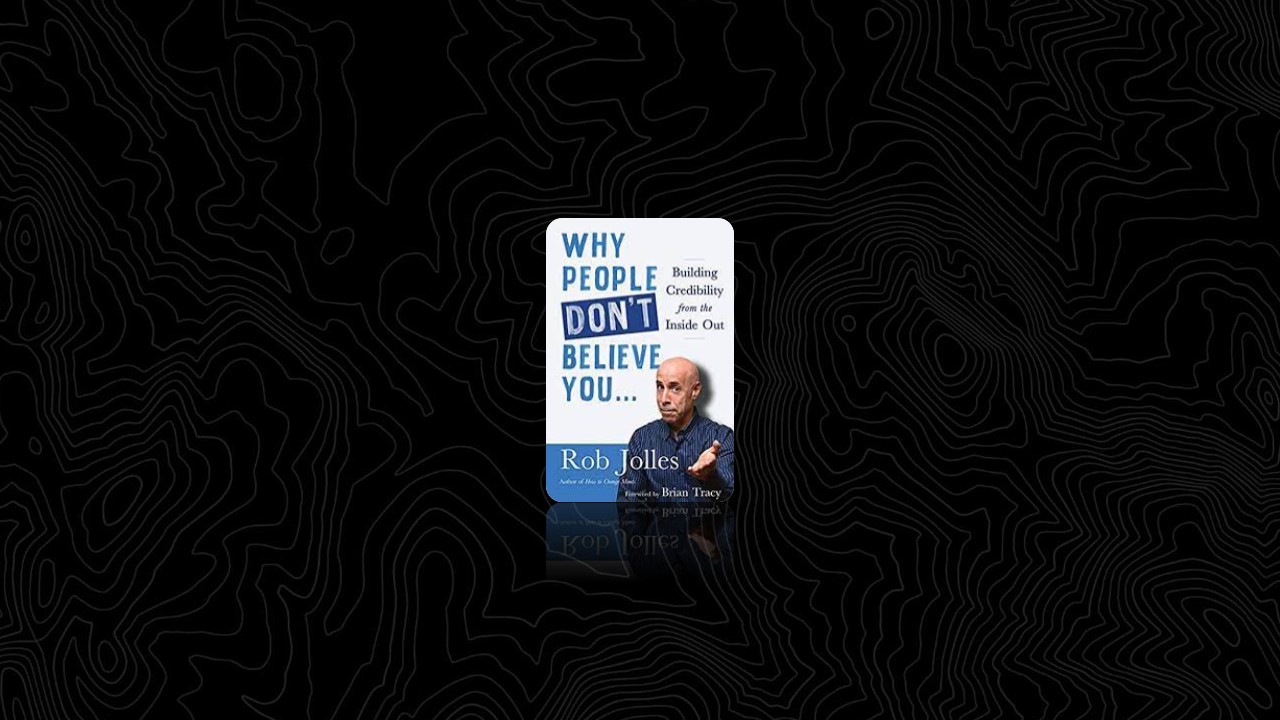Believing in Yourself
Three vital words: believing in yourself. If you don’t believe in you, it’s nearly impossible for others to do so. How many times have you heard phrases like If you want it badly enough, you can do it! If only it were that easy. As a matter of fact, magically getting something because you want it so badly not only is a cliché but it clearly holds you back.
You hear it in sports all the time, particularly after a team has won a big game: “We just wanted it more than they did!” The thought of wanting something more than others seems to answer many questions, but to me it seems trite and misleading. If only succeeding in life were as easy as just wanting things more than those around you do.
Believing in you cannot be accomplished simply by wanting it or by being told to do it. It requires preparation, practice, and execution involving a set of skills that, over time, can be mastered
Fear and Response
Taking action to improve self-esteem can stir up fears in anyone. Those fears can dramatically increase when pressure is involved. I can assure you that you are not alone and that there is a constructive response to every fear.
Eleanor Roosevelt was known for her very gracious and sincere public image, and she was tremendously sensitive to the underprivileged. She described herself growing up as awkward and uncomfortable around others. Abraham Lincoln was admired as a man who could charm anyone he crossed paths with, and yet it is well known that he was an introvert who struggled with everyday conversations.
What did these two great leaders have in common? Both understood the value of reaching out to others, both were fantastic at it, and neither possessed a natural skill to accomplish that feat—but they believed in themselves, and they overcame their fears. It’s just a matter of identifying your fears and applying a response to them.
Getting Others to Believe You
Equipped with belief in ourselves, we are ready to take that fight outside and convince others to believe us. On the surface it seems so easy to get others to believe us, and for some lucky individuals it is—for a time. But rest assured, there isn’t a soul on this earth who hasn’t questioned their ability to be believed. As a matter of fact, many of us are just one brutal rejection away from questioning all that we are.
That last statement wasn’t made to depress you; it was made to encourage you. No one is impervious to doubt, and that’s why building a measurable process to use when seeking the belief of others is so important. It validates what we do on our good days and problem-solves what we do on our not-so-good days.
Author Edward Abbey wrote in Desert Solitaire, “There is a way of being wrong which is also sometimes necessarily right.” Those are wise words when it comes to capitalizing on opportune moments to earn the trust of others. There is a key difference between those who struggle to get others to believe them and those who don’t: People who lack confidence obsess about the unknown. Those who are confident not only accept it but embrace it.
Stepping Up Your Game
The principles behind becoming believable to others are straightforward, yet so many struggle with them. That’s because there is so much more involved than just learning a process. Getting people to believe you requires work. It requires patience, it requires determination, and it requires that you step up your game. The words make up a process, but “this” makes it so much more. What exactly is “this,” you might ask? It’s a great question!
When you consider the power of “this” and the tune with which we speak, it may seem like the words aren’t all that important. That isn’t true. They are important because the words and the tune, when taken together, are greater than the sum of the parts. As the saying goes, it’s not just what you say; it’s how you say it.
Think for a moment about your tune.
- When you ask someone to tell you their story, does your tune say you sincerely care?
- When you ask someone to tell you their concerns, does your tune say you feel true empathy?
- When you ask someone to trust you, does your tune encourage that person to believe you?
- When you ask someone to have faith in you, does your tune imply that you are worthy of their faith?
It’s not just the words that matter but how you say them.
Putting a Lion in Your Heart
We are far more believable to others when we believe in ourselves.
Watch a method actor perform and you’ll see what I mean. Method acting is a range of training and rehearsal techniques that actors use to encourage complete emotional identification with a character. For example, when an actor cries onstage and produces real tears, they are tapping into real emotion in their life by taking their mind to a moment in their past when they experienced that pain.
Much like a method actor, when we are struggling to believe in ourselves, we too can take our mind to another moment in time when we did believe. Whether it’s meeting with a prospective employer or perhaps most importantly simply convincing others to believe us, tapping into the positive emotions associated with a past achievement can only increase our chances of success.
We can’t rid ourselves of fear and its effects on us, but we can certainly diminish their impact. Fear will not rule the day. It is merely a cluster of unknowns that are exacerbated by our imaginations. But knowledge is the enemy of fear, and when you put a lion in your heart, you can stand up to fear, and when you do, the victories will follow.


